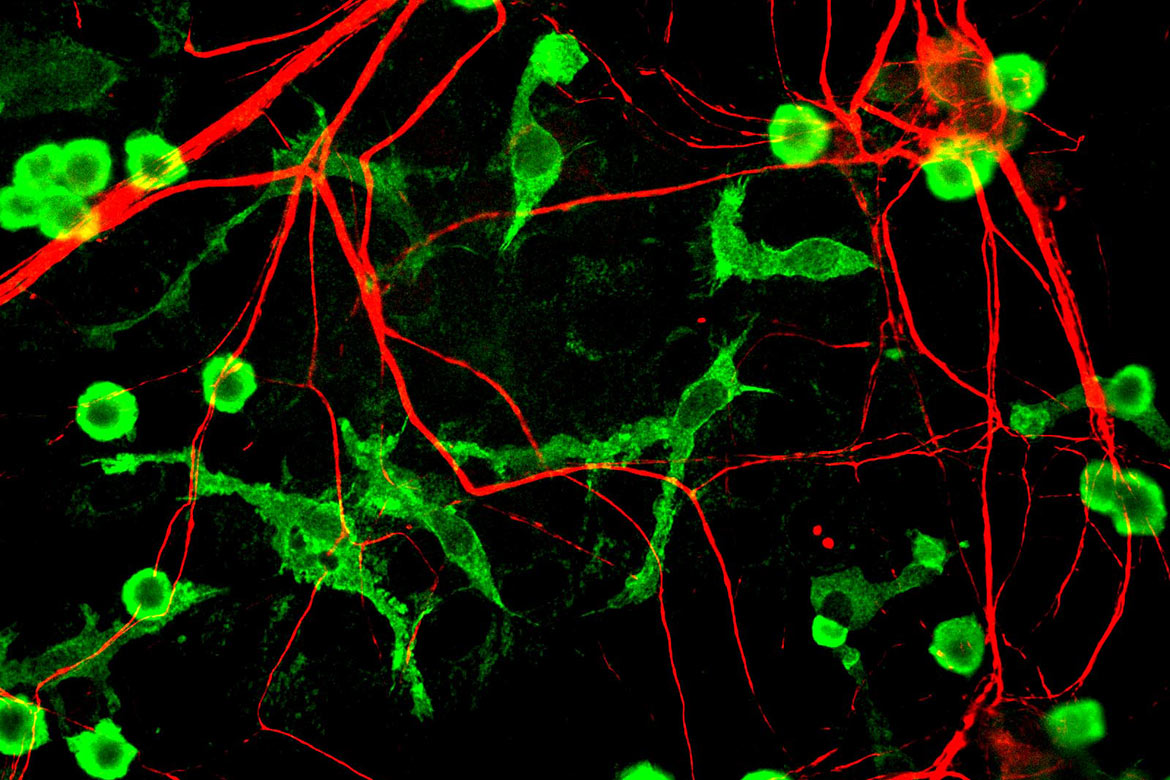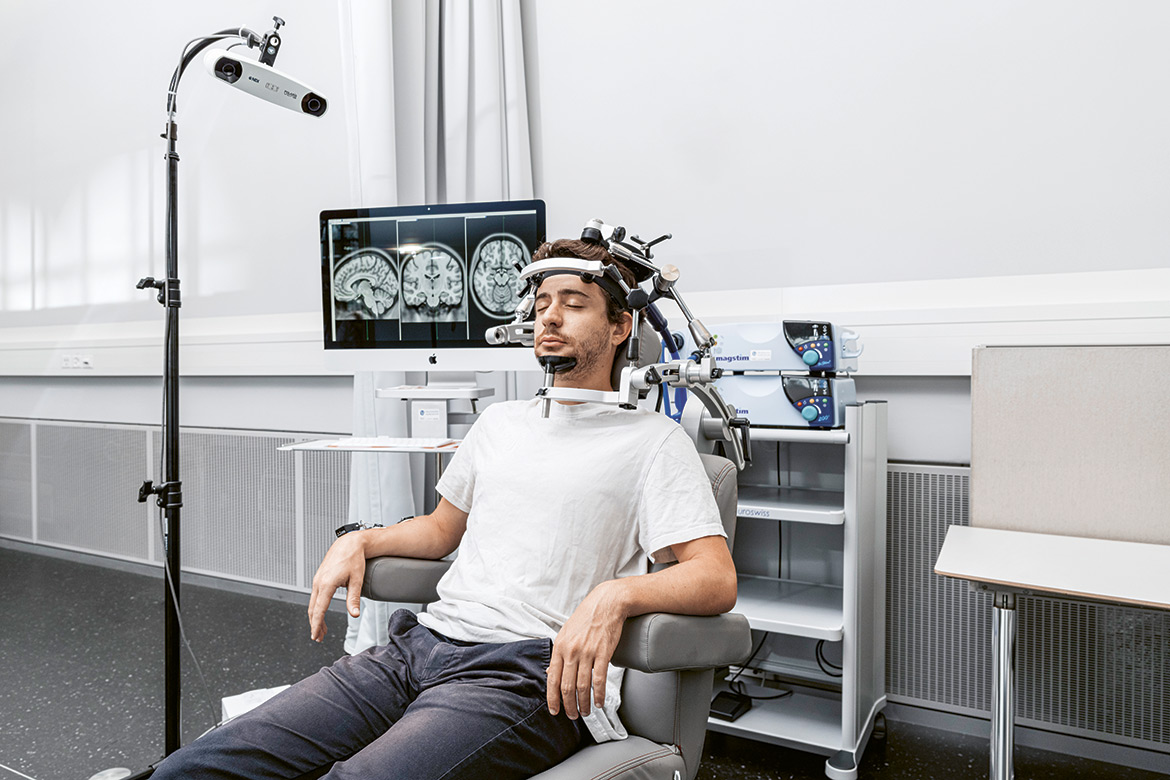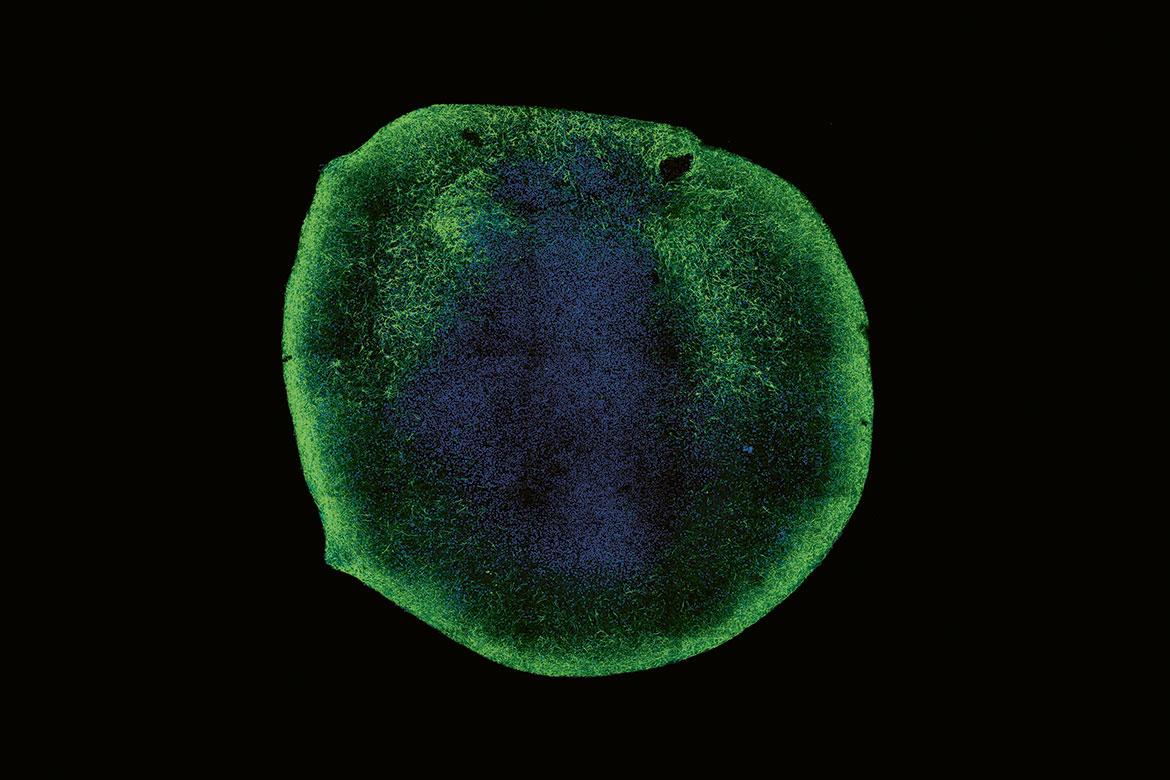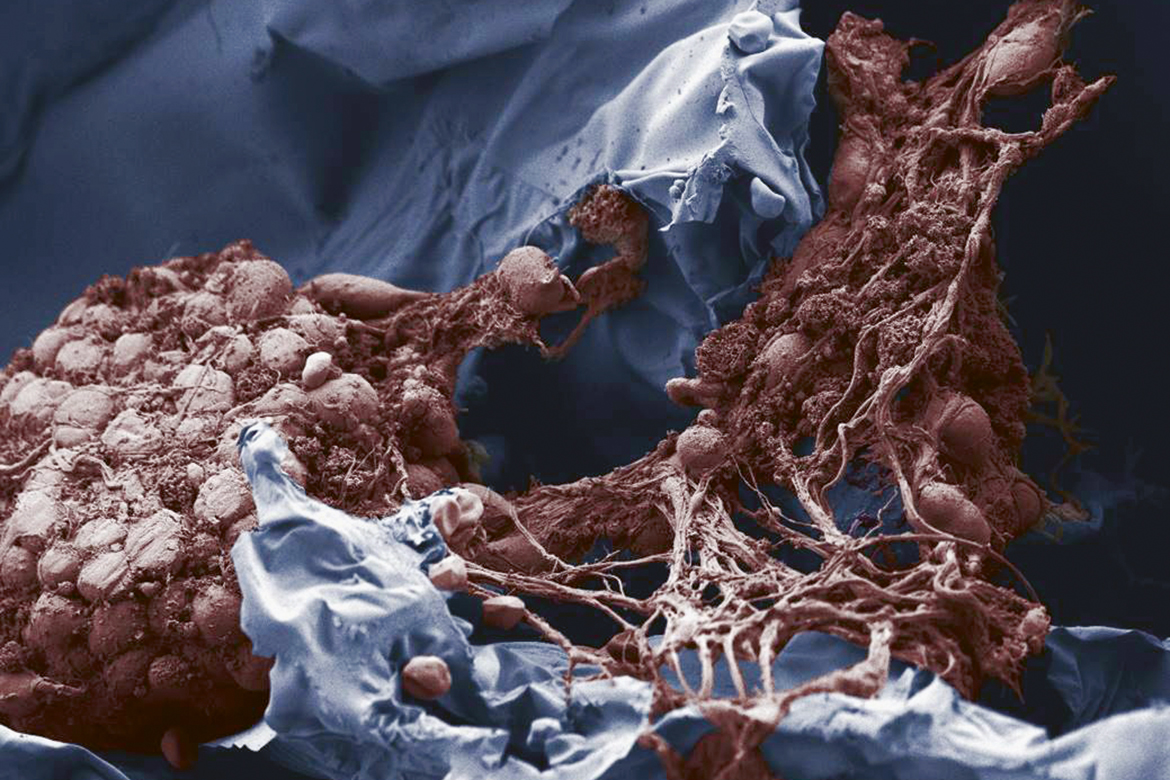Can the shape of the brain be a diagnostic tool?
Some people’s brains are shaped differently from others. Doctors might one day be able to refine their diagnoses by measuring the brain.

Not all brains are equal. But some are more equal than others. | Image: shutterstock/Jesada Sabai.
Every human being has a unique brain with regions of different sizes. These brain shapes are hereditary, as researchers at the Icahn School of Medicine at Mount Sinai in New York have now demonstrated. One such researcher is the Bernese psychologist Dominik Moser.
For this study, the neuroscientists evaluated MRI images of the brains of more than 1,700 healthy participants. They measured the thickness of grey matter in 64 different regions of the brain, and used this to develop their own person-based similarity index (PBSI for short) – a number that sums up the proportions of the different brain regions, and compares them with the rest of the population.
A high PBSI signifies a high degree of similarity. Deviations from the norm could one day help doctors to diagnose problems. A high value is linked to the ability to solve problems, to learn and to recognise patterns. This is so-called fluid intelligence, in which knowledge does not play a role at all. People with average fluid intelligence have a brain structure similar to that of the rest of the population. People with high or low fluid intelligence, however, are less similar to all the others.
The researchers also made an astonishing finding. The higher the body-mass index, the lower the PBSI value. “This result only applies to men, however”, says Dominik Moser. They don’t yet know whether men’s brains differ more because they are overweight, or whether they are in fact overweight because of their unusual brain. “It’s a typical chicken-and-egg problem”, says Moser. Their measurements are reliable, but their usefulness still has to be proven.




